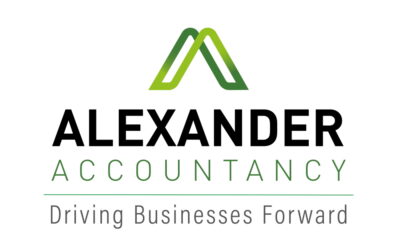
27th October 2021 Posted by - Alexander Accountancy
Any assets or rights (but not liabilities) remaining in a company at the date of dissolution will pass to the Crown as ownerless property. This happens under what is known as ‘bona vacantia’ which literally means vacant goods. The bodies that deal with bona vacantia claims vary across the United Kingdom, but they all ultimately represent the Crown.
The final step in bringing a company to a legal end is when the company is dissolved. Payments received after a company has dissolved are not bona vacantia as they are not an asset of the company immediately prior to dissolution. HMRC’s pursuit of a company debt should also cease as soon as the company is dissolved.
In fact, HMRC’s internal manuals state that:
Any payments voluntarily made by an ex-official after the company is dissolved (i.e., no action was taken to recover the debt after the company was dissolved) should be used in satisfaction of any company debt arising for a period before the date of dissolution. If no such debt exists, or there is an excess of funds, then steps should be taken to send the overpayment back to the sender. Any sums that cannot be returned should be allocated to Permanent Overpayments.
Source: HM Revenue & Customs Oct 2021
